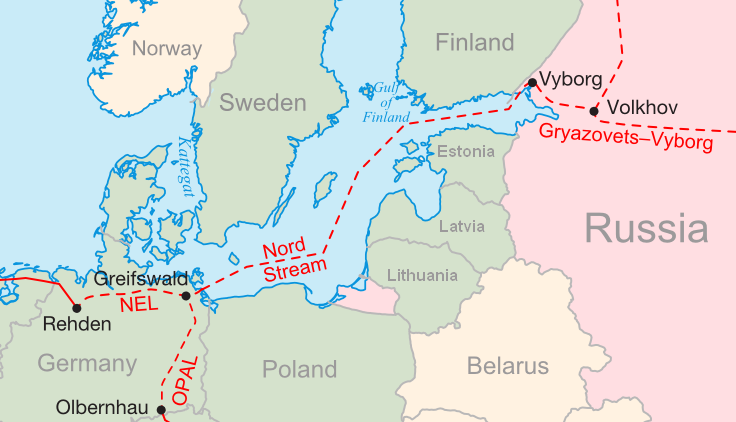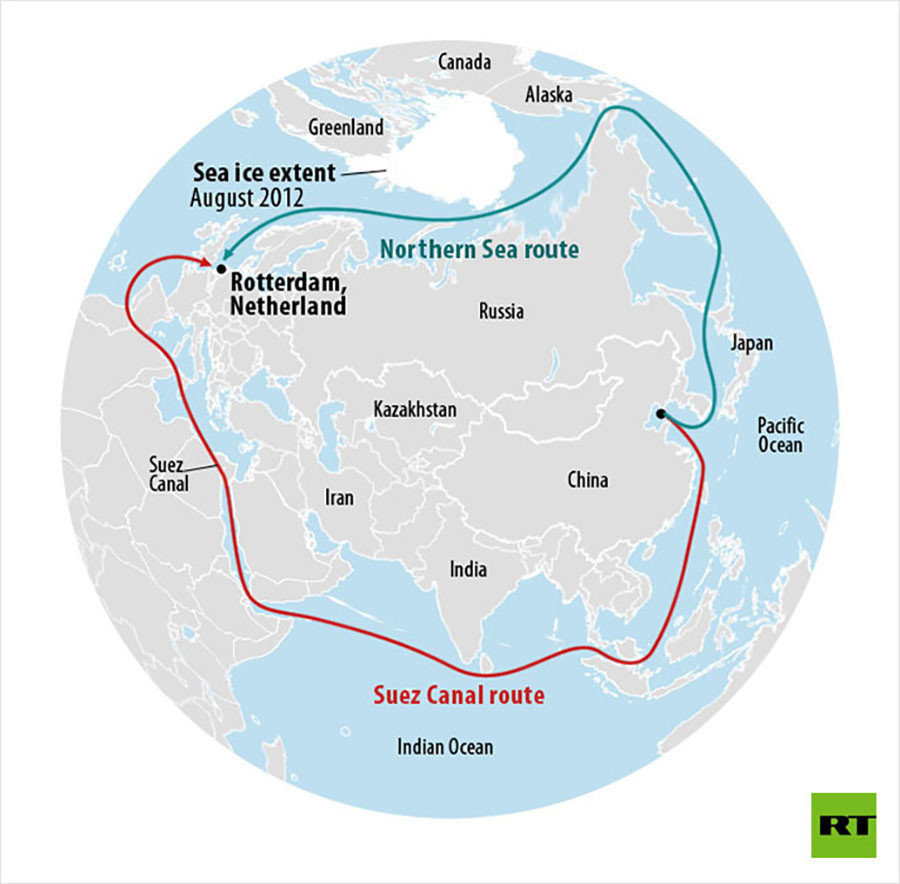7667766266
enquiry@shankarias.in
Why in news?
The 23rd St. Petersburg International Economic Forum (SPIEF) was recently held in St. Petersburg, Russia.
How is the relation with the U.S.?
What are the geopolitical irritants in this regard?
What is the new Russia-China bonhomie?
Source: The Hindu
Quick Facts
Nord Stream

Northern Sea Route
